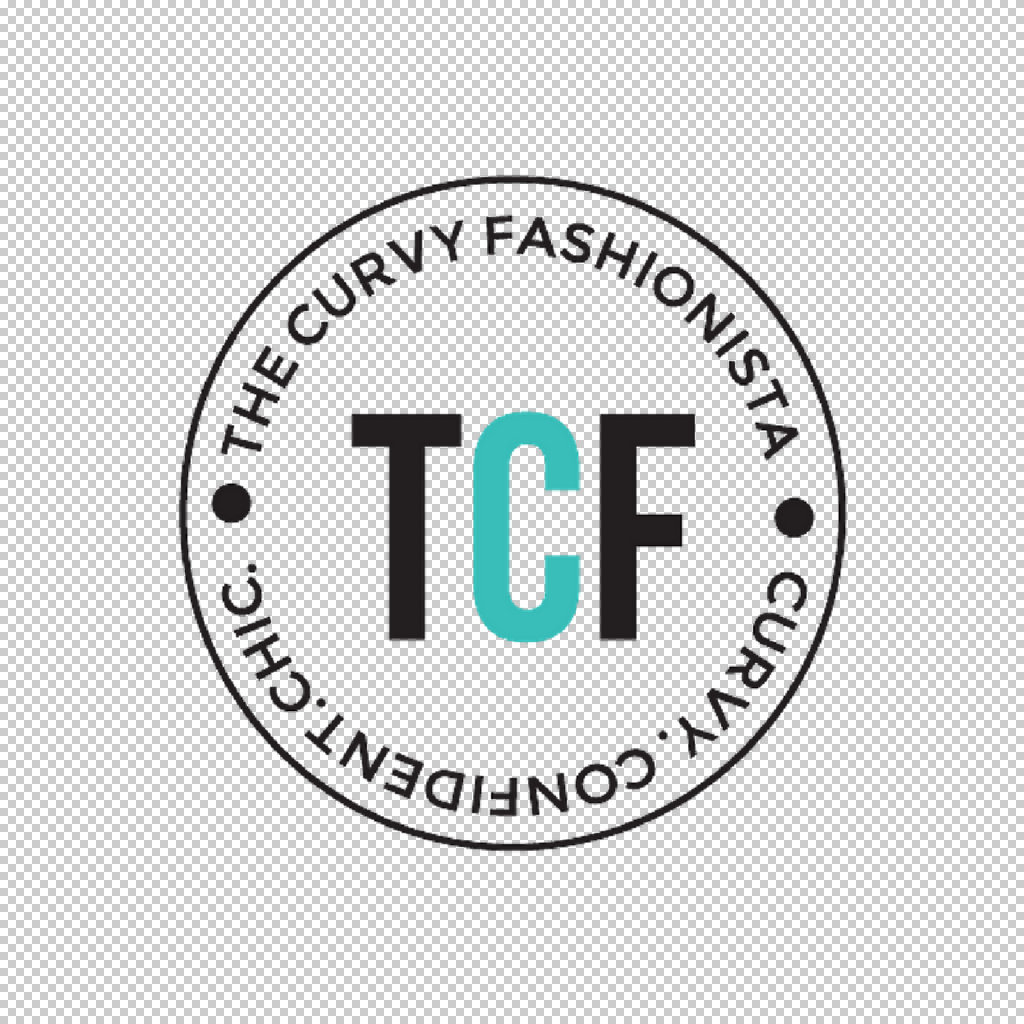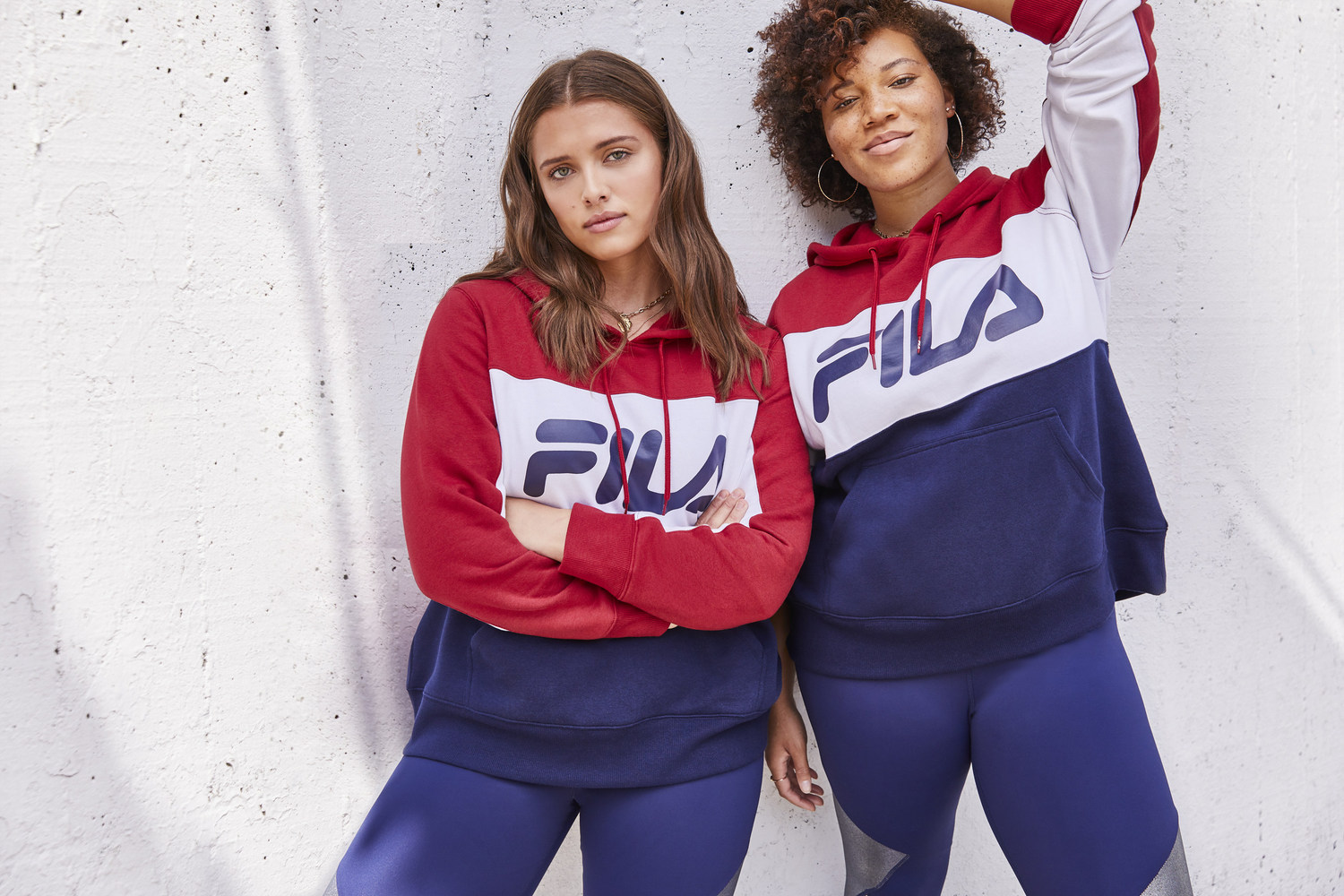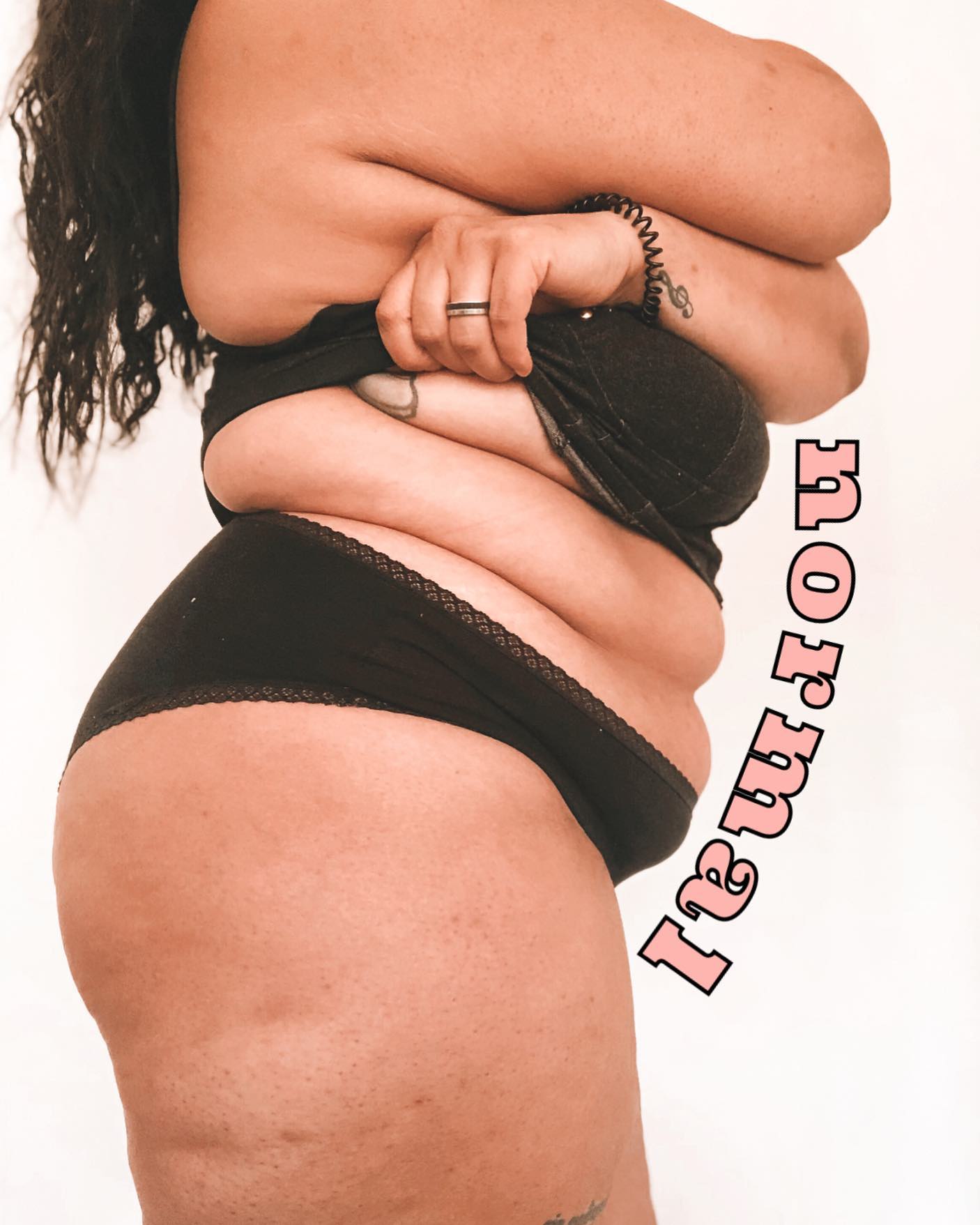Curvy besties, can “big back” come to the front?! No, I am not talking about a person, but the term. Today, we ask, “Is the slang big back fatphobic?” It has made its rounds on social media and in everyday conversations. But what exactly does it mean?
“Big back” is often used to describe someone consuming large quantities of food and is commonly used as a fat joke regardless of the person’s size.
While it’s unclear who coined the term, it has gained traction in online communities and memes. Whenever the term is used in a meme or social media clip, it’s of someone being greedy or pretending to be “fat” while also being greedy. But is the slang “big back” fatphobic?
Content Creators Speak Out About The Term “Big Back”
Many plus size individuals and content creators have started speaking out against the term, labeling it as fatphobic and offensive. They argue that “big back” is another way society tries to shame plus size bodies, reinforcing negative stereotypes and perpetuating body shaming. They also emphasize that phrases like “big back” perpetuate a culture where plus size individuals are constantly ridiculed and marginalized.
For instance, lifestyle content creator Alice (@alicennn) explains her reasons for how counter-progressive “big back” is.
“When people are told that their big back jokes are offensive, it’s just to say, ‘Oh, it’s not about being fat, it’s about being big and greedy,” Alice explained. “So, you see how we are back to fat people are big and greedy. The personification of being big and greedy is to literally be large.”
Dylan Davis (@dylan.davii) discussed how the term allows people to call others fat but “jokingly.” Furthermore, it doesn’t consider plus size individuals’ feelings.
These creators are using their platforms to highlight how harmful language can affect mental health and self-esteem. They stress the importance of respecting everyone’s body, regardless of size, and call for an end to using terms like “big back” that can cause harm. They encourage a more inclusive and respectful dialogue around body image by calling out these issues. It is not just about condemning a single term but about challenging the broader culture of fatphobia and promoting body positivity.
Is the Slang “Big Back” Fatphobic to Me?
Honestly, as a plus size girlie, the term “big back” doesn’t offend me. Jokes or terms rooted in my size are nothing new, innovative, or creative. I’ve heard it all; quite frankly, “big back” is just another word. To me, “big back” is used interchangeably with greedy. And if you’re being greedy, you’re being greedy; size doesn’t matter. Honestly, the only word that truly offends me is the “n-word,” for obvious reasons.
However, just because “big back” doesn’t offend me doesn’t mean it doesn’t hurt others, and I am aware of that. I do not condone bullying. Everyone’s experiences and feelings are valid, and if a term makes you feel less about yourself, you’re allowed to call it out. It’s important to recognize what might be a harmless joke to one person can be deeply hurtful to another. This distinction is crucial in understanding the broader conversation around body shaming and fatphobia.
So, I ask again, “Is the slang ‘big back’ fatphobic?”
It depends on who you ask.
For some, it’s a harmless joke; for others, it’s a painful reminder of societal judgments. The important takeaway is to be mindful of how our words affect those around us. Empathy and respect go a long way in making everyone feel seen and valued.
Whether “big back” hits a nerve or rolls off your back, the ongoing dialogue about fatphobia and body positivity is a step towards a more inclusive and understanding world.












